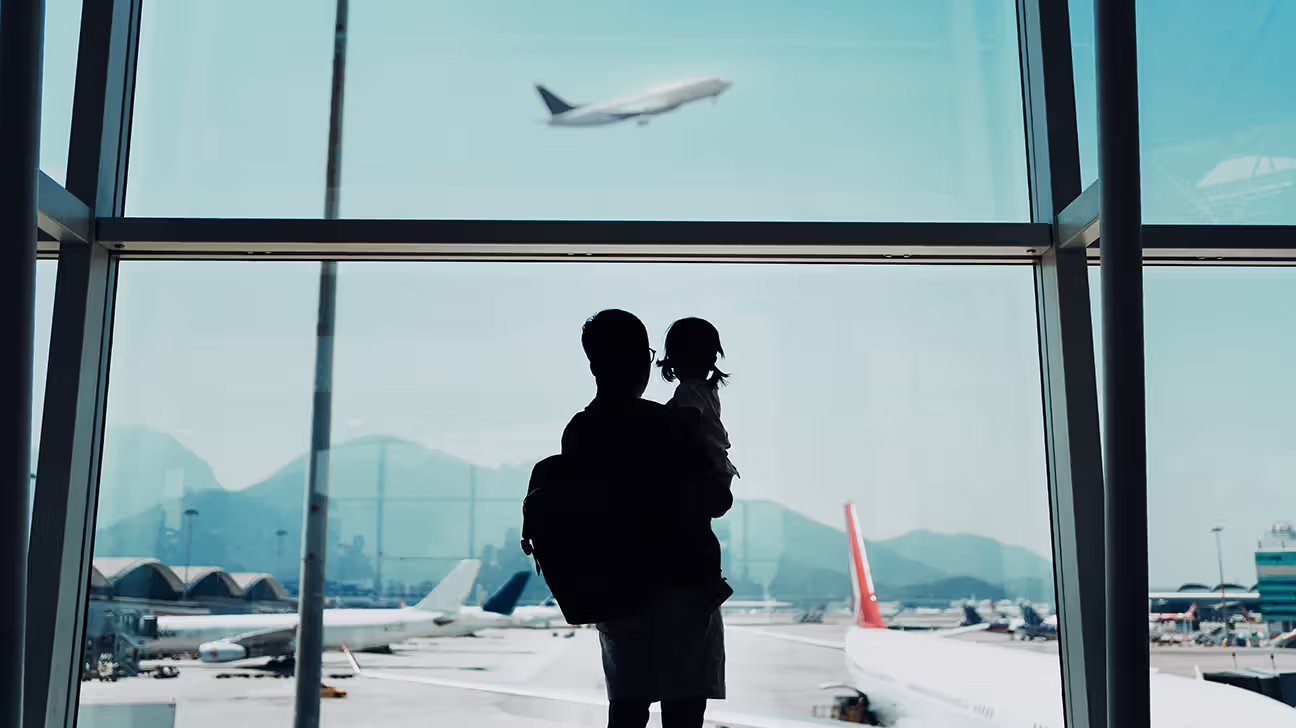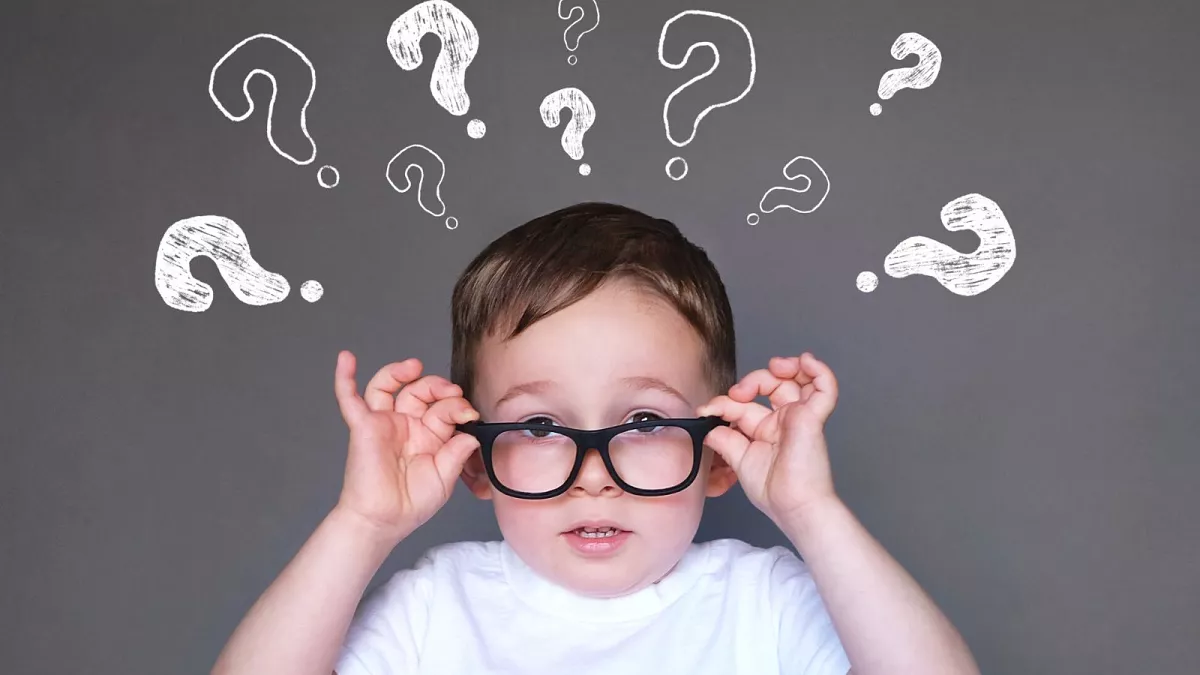Jet lag can disrupt your travel plans, leaving you too exhausted to fully enjoy your destination. Here’s how to manage and minimize its effects.
Understanding Jet Lag:
Jet lag occurs when your body’s internal clock, regulated by the 24-hour light-dark cycle, is thrown off by crossing multiple time zones. According to circadian rhythm expert Sofia Axelrod from Rockefeller University, our biological clocks reset based on daylight signals received by our retina. This adjustment can take time, leading to the symptoms of jet lag.
Preventing Jet Lag:
While some remedies, like flying in premium cabins, may help, they aren’t accessible to everyone. Malcolm von Schantz of Northumbria University suggests timing your flights strategically, such as flying from Europe to North America during the day, to align your sleep schedule with your destination’s time zone. Choosing newer aircraft models like the Airbus A350 or Boeing 787 Dreamliner can also provide a more comfortable cabin environment, reducing fatigue.
Adjusting Upon Arrival:
Exposure to sunlight is crucial for resetting your internal clock. Depending on your direction of travel, either seek out or avoid morning sunlight to help adjust your body’s schedule. While naps are okay, avoid long ones in the late afternoon to ensure a good night’s sleep.
Using Supplements:
Melatonin, a hormone that signals nighttime to your body, can help reset your internal clock more quickly. In regions where melatonin is available over the counter, combining it with light exposure can be effective in combating jet lag. However, in some countries, a prescription is required.
Coping Strategies:
For business travelers, arriving a day or two before important meetings can help mitigate the cognitive effects of jet lag. Russell Foster of Oxford University warns that jet lag can impair decision-making and multitasking. For tourists, it’s wise to catch up on sleep before engaging in activities requiring focus, like driving. If jet lag persists, Foster recommends maximizing light exposure and, as a last resort, using caffeine to combat sleepiness.



